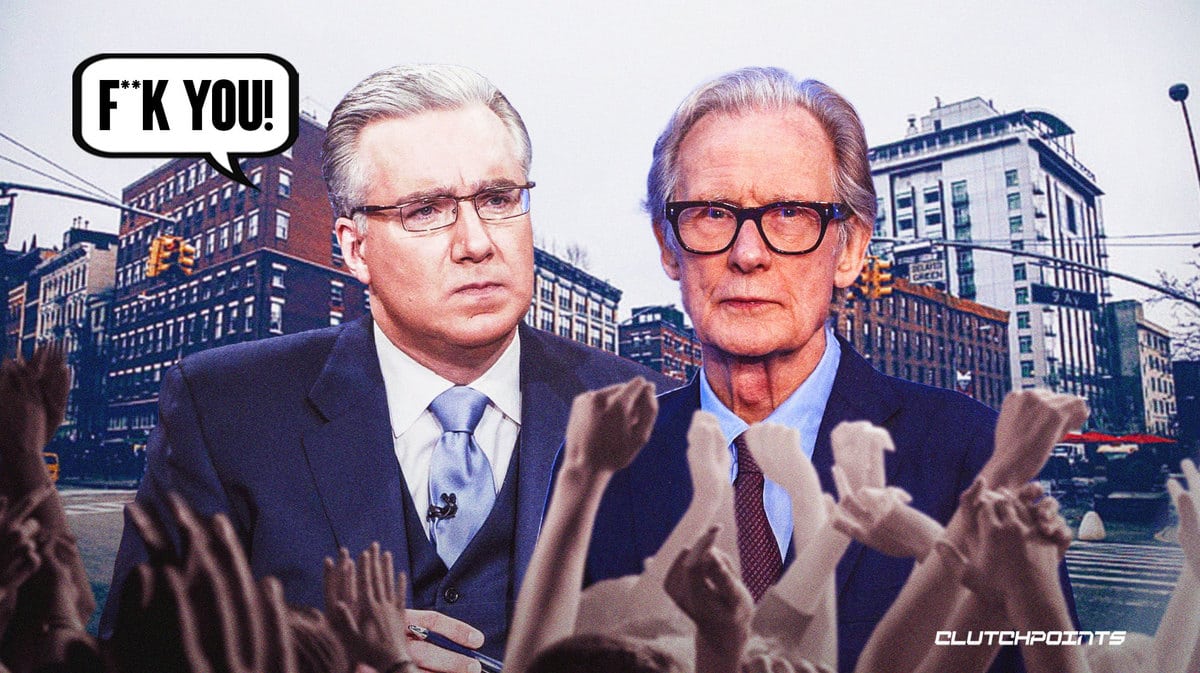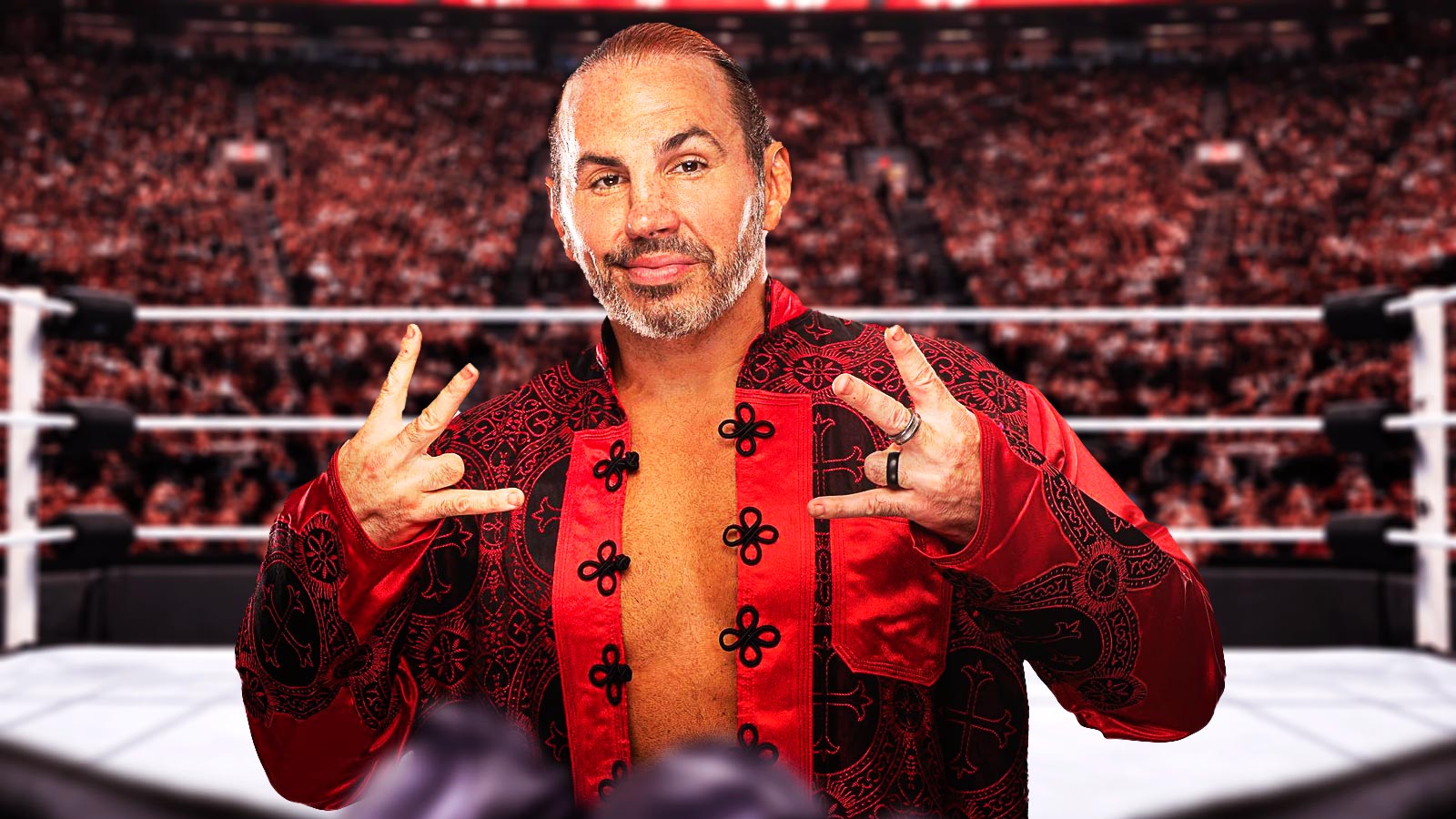In a recent turn of events, veteran television host Keith Olbermann has taken aim at fellow talk show host Bill Maher for his decision to resume his talk show amid ongoing writing strikes in the entertainment industry. Olbermann, known for his outspoken commentary, did not mince words as he expressed his concerns about Maher's choice.
Maher's decision to continue producing and airing new episodes of his show, “Real Time with Bill Maher,” during the ongoing Writers Guild of America (WGA) strike has garnered criticism from several quarters. The strike, initiated by writers demanding better pay and working conditions, has disrupted the production of numerous television shows and films.
“Without writers, the new weekly SCAB edition of ‘Real Time With Bill Maher’ will be 83 seconds long,” Olbermann wrote. “As somebody who’s known you since 1978: Fuck you, Bill, you selfish and unfunny scumbag.”
Without writers, the new weekly SCAB edition of "Real Time With @billmaher" will be 83 seconds long https://t.co/EkMqgeHGYL
As somebody who's known you since 1978: Fuck you, Bill, you selfish and unfunny scumbag
— Keith Olbermann (@KeithOlbermann) September 14, 2023
Olbermann, a former ESPN anchor and political commentator, took to social media to voice his disapproval. He argued that Maher's decision to cross the picket line undermined the striking writers' cause and displayed a lack of solidarity with their demands for fair compensation and improved working conditions.
Olbermann's comments have ignited a debate within the entertainment industry and among fans of both hosts. Some argue that Maher's decision to continue his show amid the strike is a form of defiance against the industry's labor practices, while others, like Olbermann, believe it undermines the writers' legitimate grievances.
The strike has already caused delays and disruptions in the production schedules of several television shows and films. Writers have argued that their demands for fair compensation and proper credit for their work are long overdue and essential for the health of the industry.
As the debate surrounding Bill Maher's choice to continue his show intensifies, it underscores the larger issues of labor rights and fair compensation within the entertainment industry. Whether Maher's decision will have a lasting impact on the strike and the broader conversation about labor conditions in Hollywood remains to be seen.




















